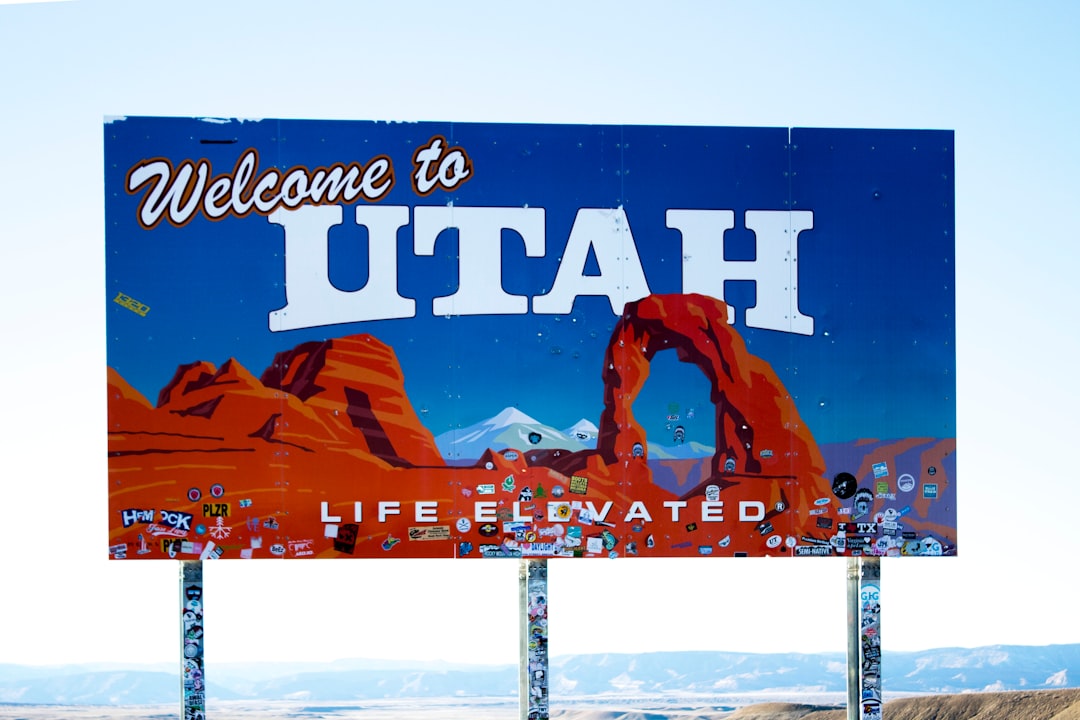Robocalls have reached epidemic levels in Utah, disrupting daily life and posing security risks. To combat this global nuisance, local governments combine education with stricter enforcement of the Telephone Consumer Protection Act (TCPA). Residents are empowered through awareness campaigns, Do Not Call list registration, and legal support from specialized law firms like those focusing on TCPA cases in Utah. Utah's proactive approach includes penalties for non-compliant callers and network-level blocking technologies, making it a safer environment for consumers while offering comprehensive solutions for How to Stop Spam Calls Utah.
Local governments in Utah are taking proactive measures to combat the pervasive issue of robocalls, aiming to protect residents from unwanted and harassing automated calls. This article explores effective initiatives and strategies to reduce robocalls across various cities, addressing a growing concern among Utahns. We delve into the legal frameworks, including the Telephone Consumer Protection Act (TCPA), and provide insights on how individuals can stop spam calls using local resources. By understanding these measures, residents can take action with the help of spam call lawyers in Utah to reclaim their communication channels.
Understanding Robocalls and Their Impact in Utah

Robocalls, automated phone calls or texts that deliver pre-recorded messages, have become a ubiquitous and often unwanted nuisance in Utah. With an estimated 3 billion spam calls made daily worldwide, Utah residents are no exception to this growing problem. These calls not only disrupt daily life but also pose significant security risks as they can be used for phishing scams, identity theft, or even malicious threats. The volume and frequency of these automated calls have prompted local governments across Utah to take action.
Utah’s state laws, including the Telephone Consumer Protection Act (TCPA), provide guidelines on how businesses can make automated calls, with strict penalties for violations. To combat the issue at hand, several cities in Utah have implemented initiatives that combine educational campaigns and stricter enforcement of existing spam call laws. This includes raising awareness about consumer rights, empowering residents to take measures like registering on Do Not Call lists, and supporting legal actions against persistent spam call culprits via local law firms specializing in TCPA cases.
Legal Frameworks and Spam Call Regulations in Utah

Utah has implemented a robust legal framework to combat spam calls and protect its residents. The state’s laws are aligned with federal regulations, particularly the Telephone Consumer Protection Act (TCPA), which provides guidelines on how telemarketers and call centers must conduct business. These rules include restrictions on automated or prerecorded calls, requiring prior express consent for marketing purposes, and imposing strict penalties for violations.
The Utah Attorney General’s office actively enforces these spam call regulations, working with local governments to identify and penalize non-compliant callers. Residents who experience excessive spam calls can file complaints with the AG’s office, which may lead to investigations and legal action against offending companies or individuals. This concerted effort aims to educate residents on their rights while deterring businesses from engaging in deceptive practices, ultimately making Utah a safer environment for consumers facing nuisance calls.
Effective Strategies to Combat Robocalls in Utah Communities

Robocalls have become a significant nuisance in Utah communities, prompting local governments to implement effective strategies to combat this issue. One of the primary approaches is raising awareness among residents about how to recognize and report spam calls. Many cities offer educational workshops and distribute resources that teach citizens about the Telephone Consumer Protection Act (TCPA) and its provisions against unsolicited calls. By empowering individuals with knowledge, Utah communities aim to reduce the volume of robocalls received.
Additionally, local authorities collaborate with telecommunications providers to implement blocking technologies and filter out spam calls at the network level. These efforts are further bolstered by partnerships with law firms specializing in TCPA litigation, who provide legal assistance and representation when citizens encounter persistent or malicious spam calling activities. Such collaborations ensure that not only are robocalls reduced but also that those responsible face consequences under Utah’s strict spam call laws.






